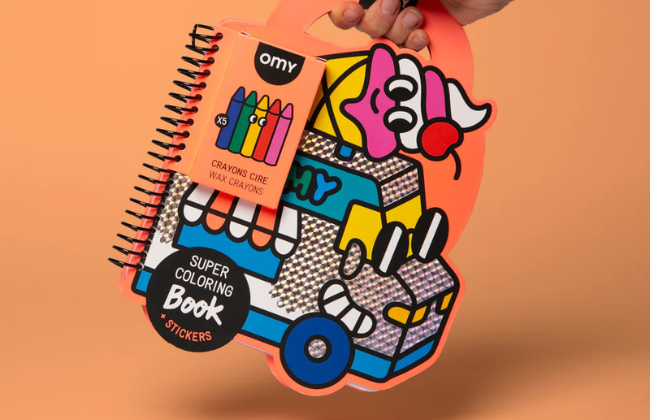Isa Genzken: Fuck the Bauhaus
Fuck the Bauhaus, made in the year 2000 out of quotidian objects and cheap materials foraged from New York City by the German artist Isa Genzken, marked a poetic and provocative departure from Genzken's earlier work. Since the 1970s, Genzken's "post-Minimalist" works had been like ruins in reverse, conjuring the haunting specters of recent catastrophe, destruction, and failure in the United States, while also playfully suggesting a degree of freedom and elevation.
Analyzing how this mode gave way to a new penchant for appropriation, collage, and montage, André Rottmann offers a strikingly original analysis of Genzken's move towards merging sculptural and architectural morphologies into the critique of commodity culture. In this new addition to the One Work series, Rottmann draws on the writings of Deleuze and Guattari, Bruno Latour, and other contemporaneous theorists of "assemblage" to illuminate Genzken's work as a powerful reimagination of social relations in flux.
Paperback, 96 pages
Fuck the Bauhaus, made in the year 2000 out of quotidian objects and cheap materials foraged from New York City by the German artist Isa Genzken, marked a poetic and provocative departure from Genzken's earlier work. Since the 1970s, Genzken's "post-Minimalist" works had been like ruins in reverse, conjuring the haunting specters of recent catastrophe, destruction, and failure in the United States, while also playfully suggesting a degree of freedom and elevation.
Analyzing how this mode gave way to a new penchant for appropriation, collage, and montage, André Rottmann offers a strikingly original analysis of Genzken's move towards merging sculptural and architectural morphologies into the critique of commodity culture. In this new addition to the One Work series, Rottmann draws on the writings of Deleuze and Guattari, Bruno Latour, and other contemporaneous theorists of "assemblage" to illuminate Genzken's work as a powerful reimagination of social relations in flux.
Paperback, 96 pages










